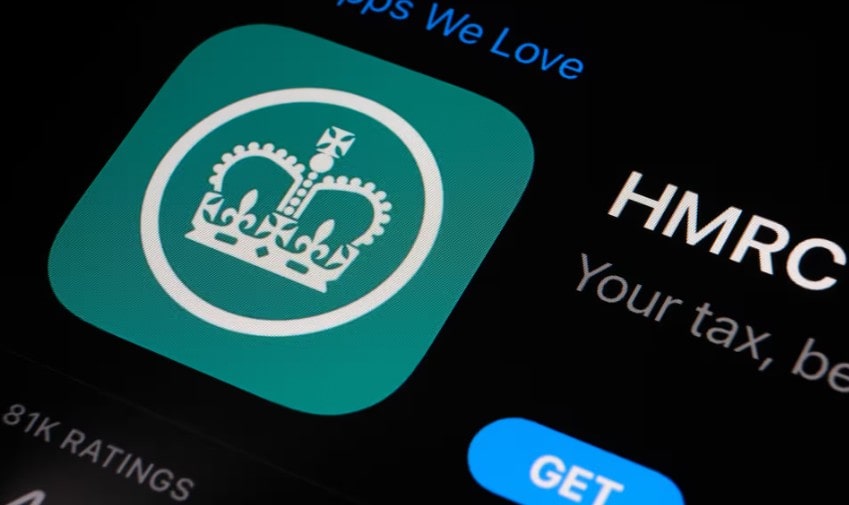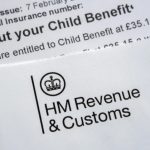HMRC Rule Changes Roll Out Today, Petrol, Diesel and EV Drivers Face Cost Shake-Up
Drivers across the UK are waking up to a fresh set of HMRC rule changes that could see motoring costs rise for both company car users and private motorists.
The new advisory fuel rates (AFRs), updated every quarter, come into effect today. They apply to petrol, diesel, LPG and, for the first time, two different categories for electric vehicles, home charging and public charging.
A Sudden Shift for EV Owners
Just last week, HMRC was caught in an embarrassing U-turn after publishing the wrong AFRs for electric car drivers using public chargers. Initially, reimbursement was set at 12p per mile. That figure has now been corrected to 14p.
An HMRC spokesperson said: “We apologise for any confusion caused.”
The department explained the rate was miscalculated against electricity costs per kilowatt-hour. The updated 14p figure is based on 51p/kWh, balanced against car sales data.
Petrol and Diesel Rates Adjusted
Petrol drivers with mid-sized engines (between 1,401cc and 2,000cc) will see their AFR reduced to 14p, while those with large petrol engines above 2,000cc drop to 22p. Smaller petrol cars remain unchanged at 12p per mile.
Diesel owners aren’t spared either. Vehicles under 1,600cc climb to 12p, and larger engines over 2,000cc rise to 18p. Mid-range diesel engines remain steady at 13p.
LPG Unmoved, Electric Split in Two
For LPG users, there’s no shift this time. Rates stay at 11p, 13p and 21p depending on engine size.
But the big story is electric. For the first time, HMRC has separated home and public charging. EV owners plugging in at home will be reimbursed 8p per mile. Those relying on public chargers can now claim 14p.
The figures draw on the Zapmap Price Index, which shows slow and fast chargers averaging 52p/kWh, while rapid and ultra-rapid points cost 76p/kWh.
The changes affect company car drivers reclaiming fuel for business miles, as well as employees repaying private mileage costs. For hybrids, rates remain tied to whichever fuel powers the engine most, petrol or diesel.
Motorists should also note that this isn’t the last adjustment. More HMRC rule changes are due in December, with fresh updates scheduled for March and June 2026.






